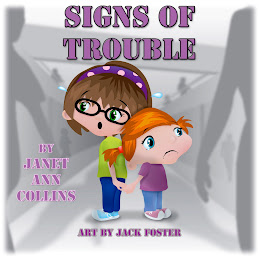I've tried to find statistics about how many people have problems with fragrances but nobody seems to know and estimates run anywhere from seven to seventeen percent of the population.
Other than stores that sell cosmetics, cleaning products, and women's clothing, churches are among the likeliest places to encounter fragrances. Besides those using incense and scented candles in sanctuaries, many churches fill their entire buildings with perfume because they think it makes people feel welcome.
I've suggested to staff in several churches that they try to make their environments fragrance-free but was told the value of the scents to the majority of the people outweighed the "inconvenience" to the number of people with allergies and sensitivities.
Of course the severity of reactions varies greatly and people who might go into anaphylactic shock and possibly die or have serious asthma attacks because of smelling perfumes have learned to avoid churches and businesses that are likely to use them.
Ironically, many of the same churches use grape juice instead of wine for communion and forbid the use of alcoholic beverages in their buildings because they don't want to be a problem for alcoholics in recovery.
I've searched for the percentage of the population who are alcoholics and, again, nobody knows for sure what that number is. However estimates say as many as 8% of the population are alcoholics, although less than one percent have been diagnosed or know they are addicted. And, as with sensitivities to fragrances, people with the worst problems are not likely to attend church anyway.
I wish churches and other religious groups would care as much about one health issue as they do about the other.



No comments:
Post a Comment